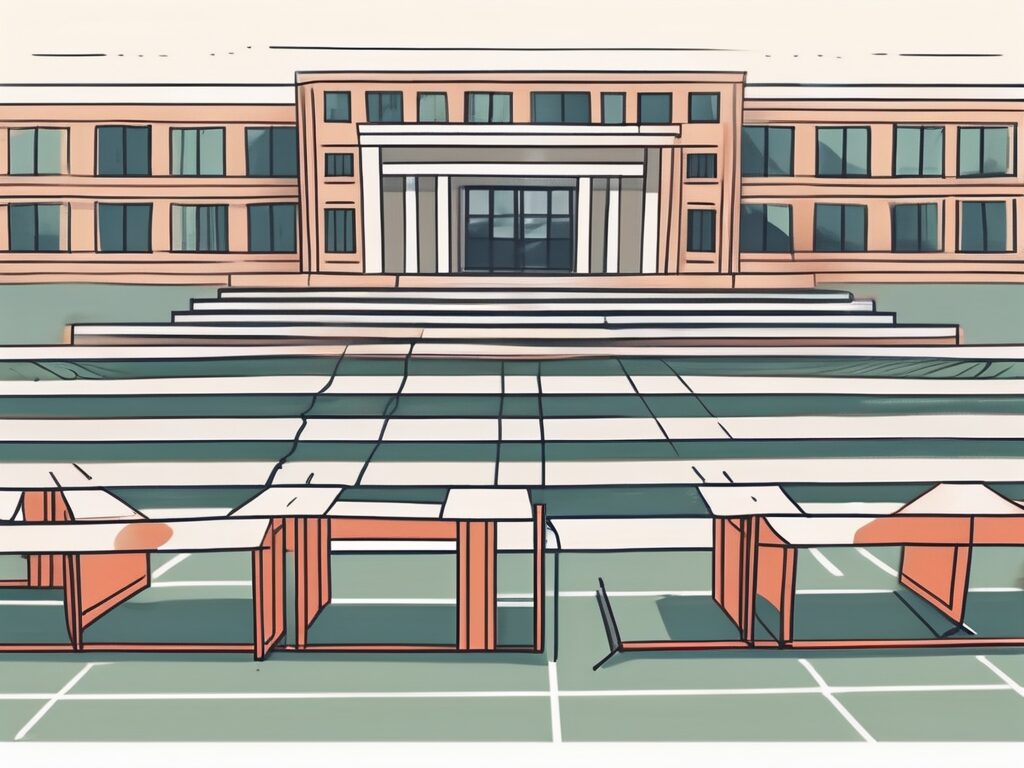Top Barriers to Education in South Korea: Trends for 2025
South Korea is widely recognized for its robust educational framework and high academic standards. However, the system faces several challenges that can impede the educational journey of students. This guide aims to provide education consultants with a comprehensive overview of the barriers to education in South Korea, highlighting critical factors that may affect international teachers and their students.
The High-Pressure Educational Environment
The South Korean education system is characterized by a high-pressure environment, often described as a “pressure cooker.” Students experience immense pressure to achieve exceptional academic results, primarily driven by rigorous examination standards. This relentless focus on performance can lead to significant stress and anxiety, which are detrimental to effective learning.
Moreover, the overwhelming emphasis on academic success frequently overshadows other essential aspects of a child’s development, such as physical health, creativity, and social skills. Consequently, students may not receive a holistic education, which is vital for their overall growth and future success.
Socioeconomic Inequities
Despite South Korea’s reputation for equitable education, socioeconomic disparities remain a significant barrier. Students from low-income families often struggle to access supplementary educational resources, such as private tutoring, which is prevalent in the country. This disparity can exacerbate the achievement gap between different socioeconomic groups.
Additionally, the financial burden of education can lead to stress within families, adversely affecting students’ concentration and academic performance. Addressing these inequities is essential for fostering an inclusive educational environment.
Inadequate Support for Special Needs Education
A critical barrier to education in South Korea is the insufficient support for students with special needs. Although there have been efforts to enhance inclusivity, the education system still lacks the necessary resources and training to adequately support these students. This shortfall can result in feelings of isolation and hinder their educational progress.
Furthermore, societal stigma surrounding disabilities can lead to discrimination, further marginalizing these students and limiting their opportunities for academic achievement.
Inflexible Curriculum Structure
The rigidity of the South Korean curriculum poses another challenge, as it often restricts creativity and independent thought. This lack of flexibility can stifle students’ natural curiosity and hinder the development of critical thinking and problem-solving skills, which are increasingly essential in today’s dynamic global landscape.
Moreover, an overemphasis on rote memorization can prevent students from achieving a deep understanding of the material, limiting their ability to apply knowledge in practical situations and adapt to future workforce demands.
Language Proficiency Challenges
Language barriers present a significant obstacle for non-native speakers in South Korea. Despite ongoing improvements in English language instruction, many students continue to struggle with proficiency. This challenge can impede their access to educational resources, participation in classroom discussions, and overall academic performance.
Additionally, the focus on English language acquisition may detract from other subjects, creating an imbalance in students’ educational experiences and potentially hindering their overall academic progress.
Conclusion
While South Korea’s education system boasts numerous strengths, it is essential to recognize the significant barriers that exist. From the high-pressure environment to socioeconomic disparities, inadequate support for special needs education, a rigid curriculum, and language challenges, these factors can hinder student progress and limit their potential.
To ensure that all students in South Korea receive a quality education, it is imperative to address these barriers through comprehensive policy reforms, increased funding, enhanced support for special needs education, and a shift towards a more inclusive and balanced curriculum.
Enhance Your Teaching Career with IPGCE
Understanding the barriers to education is merely the first step; taking proactive measures to overcome them is essential. For educators navigating qualification requirements, career advancement, professional isolation, or adapting to diverse educational systems, the International Postgraduate Certificate in Education (IPGCE) offers a pathway to professional growth. Enroll in the UK’s leading teacher training program to elevate your qualifications, connect with a global network of educators, and gain insights into international curricula—all through a flexible online format tailored to your busy schedule. Do not allow barriers to impede your progress. Join IPGCE today and unlock your full potential as an educator.

